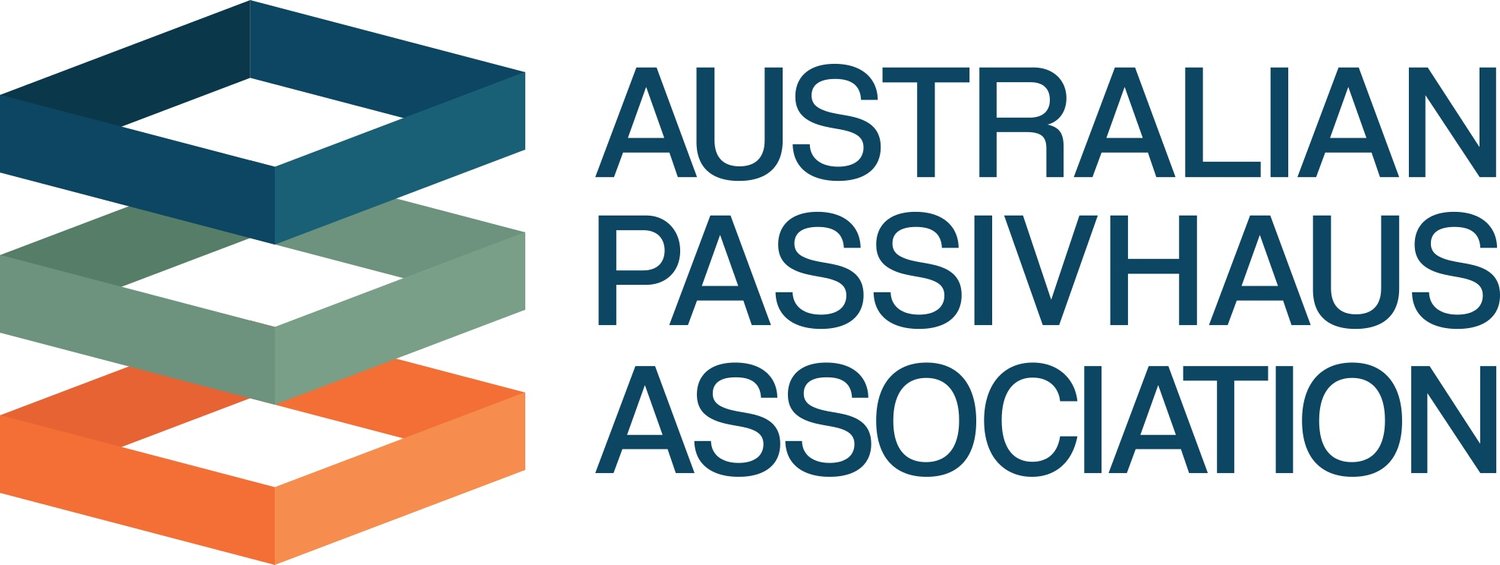APHA joins over 100 Organisations in push for improved Energy Efficiency in Australian homes
An alliance of more than 100 property, community, health and environmental organisations have issued a forceful call to the country’s Building Ministers to lift the energy efficiency of new homes built in Australia.
The powerful joint statement released two weeks ahead of a National Building Ministers meeting, urges the Commonwealth, State and Territory Ministers to use the meeting to confirm amendments to the National Construction Code.
The proposed changes would increase the minimum energy efficiency requirements for new homes from a 6 to 7-star energy rating and have the potential to slash the average household energy bill by up to $576 a year, according to the Federal Government’s own analysis. The public call has been led by the Property Council of Australia, Renew, the Australian Council of Social Service, the Green Building Council of Australia, the Energy Efficiency Council, Energy Consumers Australia, the Australian Sustainable Built Environment Council, and the Climate Council, with the statement signed by more than 100 organisations including architects, health advocates, property developers, charities and social housing providers. Property Council Chief Executive Ken Morrison said despite a global efficiency push and major advances in technologies, energy standards for new homes haven’t been meaningfully updated in more than a decade.
“With Australia’s National Construction Code sitting idle for ten years, Australia has let itself fall further and further behind international standards, and now is the time to catch up with the rest of the world,” Mr Morrison said.
“With housing and rental affordability at crisis point and inflation yet to peak, if our political leaders are serious about easing long-term cost of living pressures, while also addressing climate change, then these amendments, which have been considered for quite some time, should be seen as a no-brainer,” he said.
Renew CEO Fiona Gray said their analysis shows lifting standards will leave households with more money in their pockets from day one.
“For the declining number of people who aren’t already thinking about the importance of energy efficiency in their home, then the arrival of winter energy bills across Australia will certainly spark a new level of focus,” Dr Gray said.
APHA CEO Alexia Lidas said, "If APHA will be successful in seeing Passive House one day become the standard, moving from 6 to 7 stars is a clear next step."
The proposed amendments to the Code would include lifting the minimum thermal performance for new homes from 6 to 7 stars (under the NatHERS rating system), introducing a “whole-of-home” energy budget for fixed appliances like hot water, heating, cooling and pool pumps, and would give industry a 12-month transition period to deliver. According to the joint statement, the lifting of energy efficiency standards will not only reduce household energy bills, but also cut emissions by up to 78 million tonnes by 2050, reduce deaths during extremely cold or hot weather, and lower the cost of grid upgrades by up to $12.6 billion by 2050, and reduce poverty and inequality by ensuring higher standards in social housing and private rentals.
The proposal is the result of a 3-year collaborative process led by the Australian Building Codes Board (ABCB) and would build on the Trajectory for Low Energy Buildings which was agreed to by all Commonwealth, state and territory energy Ministers in 2019. The Building Ministers meeting will take place on August 26.
"If we are serious about reducing emissions, saving money, meeting our emissions targets and increasing productivity, we need to continue the momentum towards stronger energy performance of our homes – and this 2022 step change is an important part of the process.” Australian Sustainable Built Environment Council Executive Director Alison
Scotland.

